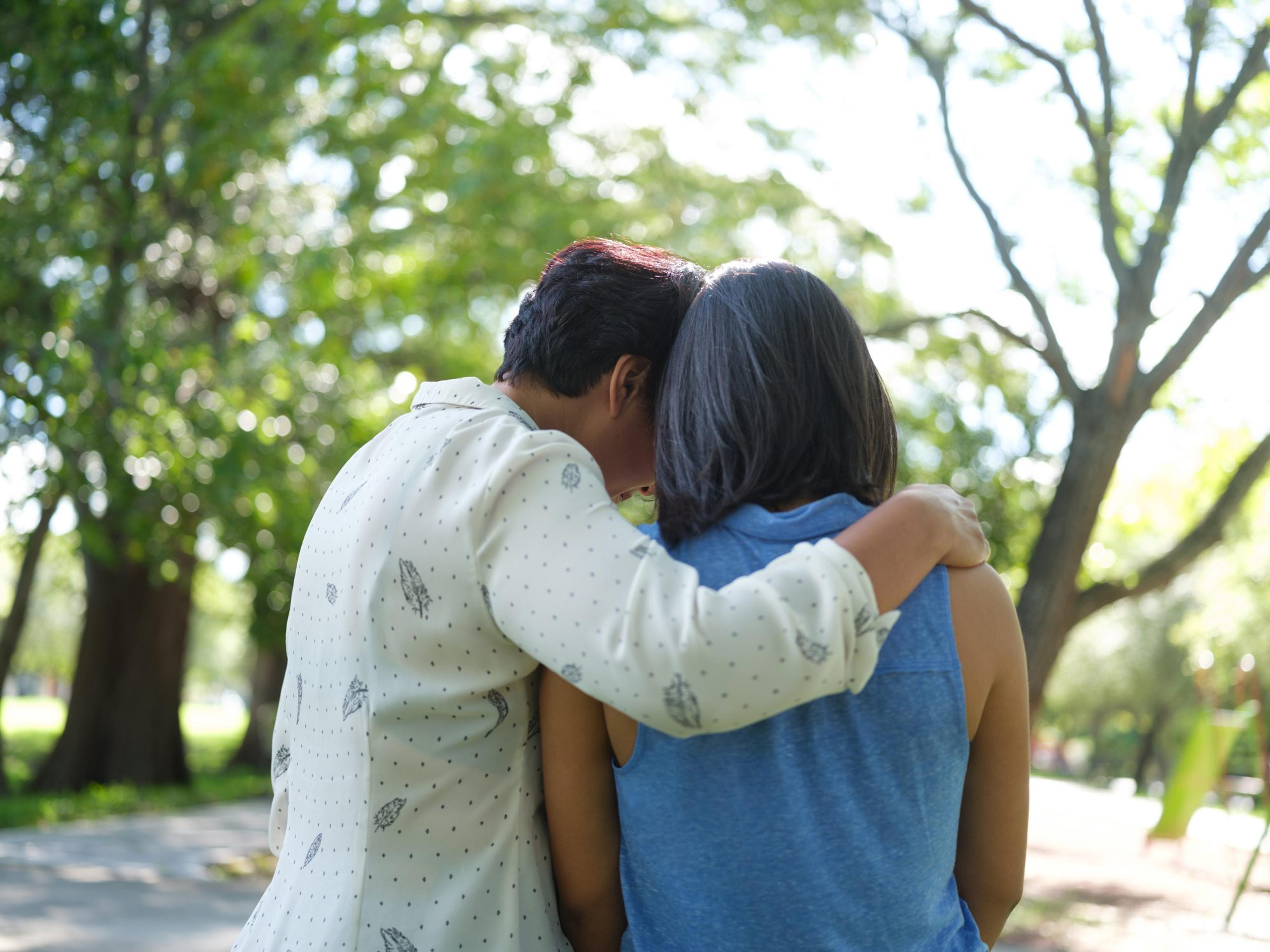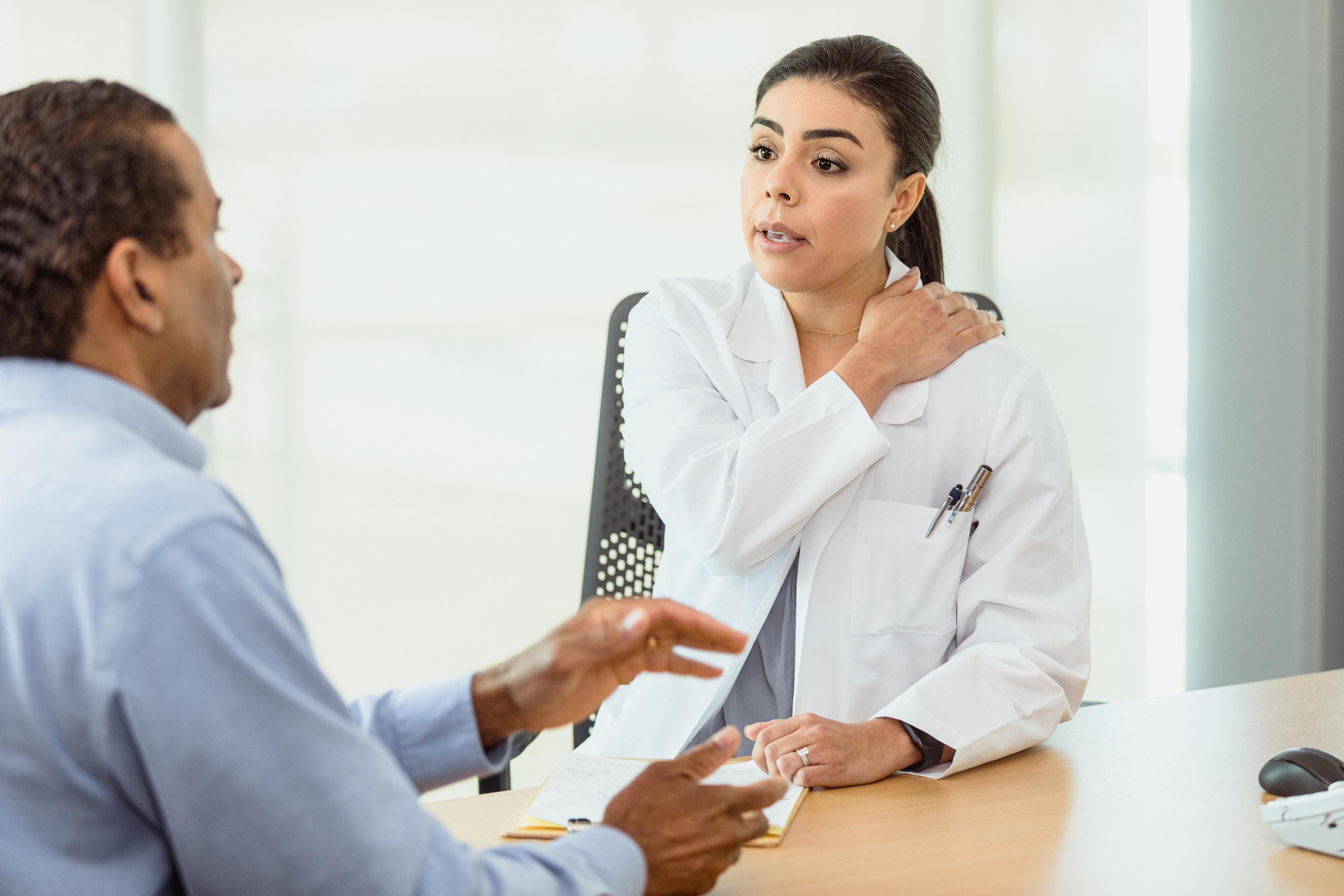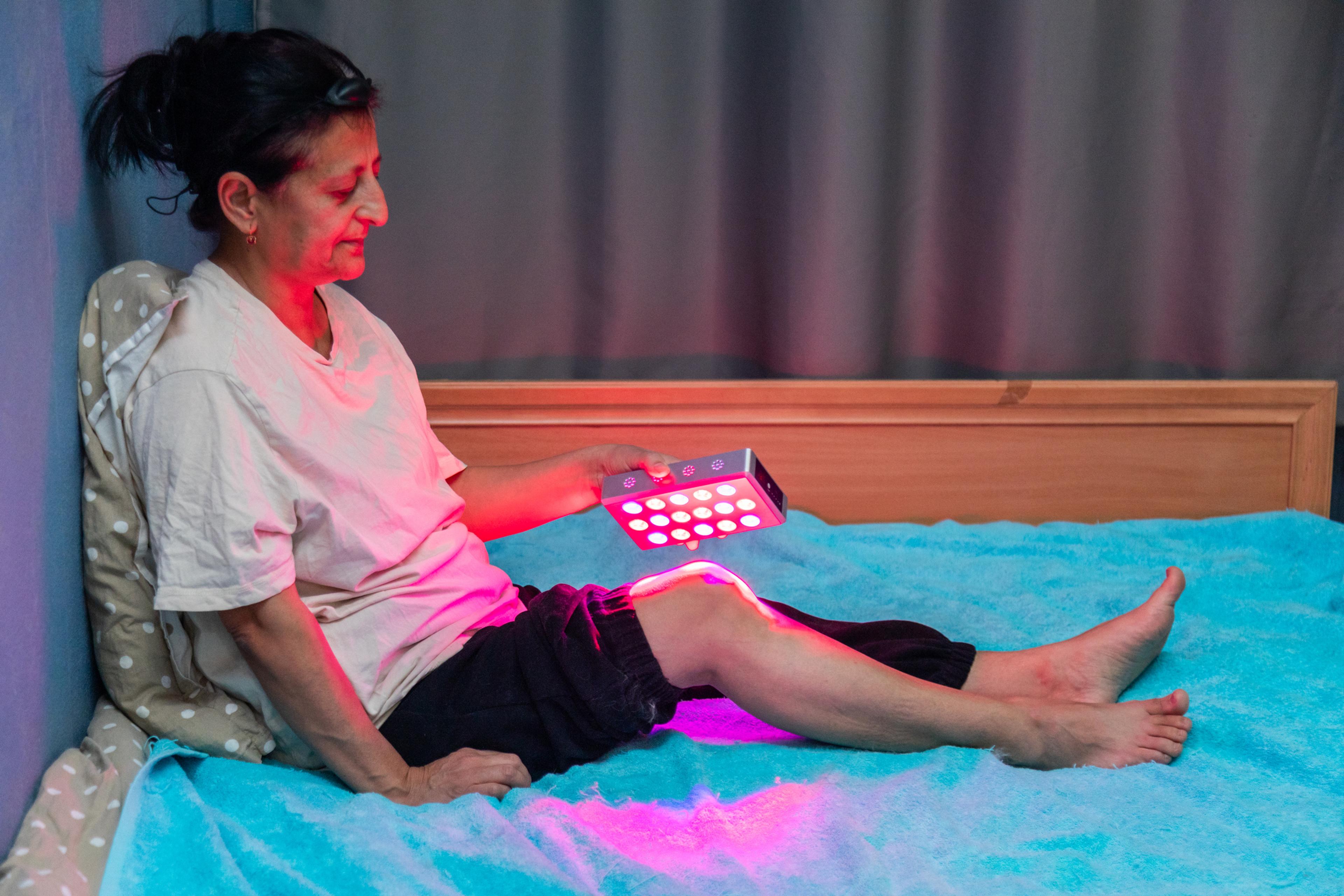Is Loneliness as Dangerous as Cigarettes?

Lindsay Knake
| 4 min read
Lindsay Knake is a brand journalist for Blue Cross B...

Relationships and a sense of belonging are essential for mental health. But it also makes a huge difference in our physical health.
In a 2023 advisory from U.S. Surgeon General Dr. Vivek Murthy, he stated loneliness is as dangerous as smoking 15 cigarettes a day. What does this really mean?
The health risks of loneliness
Prolonged loneliness increases the risk of premature death by 26%, according to a study. Comparatively, people who smoke have a death rate about three times higher than those who don’t smoke, the National Cancer Institute reports.
Poor social connection is associated with a 32% increased risk for stroke and a 29% increased risk of heart disease. Loneliness is also associated with increased risk of dementia, anxiety, depression and respiratory illness.
We are biologically wired for relationships, and we experience increases in the stress hormone cortisol when we are lonely. If you experience danger, cortisol helps your body release glucose to fuel your muscles to fight or flee. While it’s fine in small doses, prolonged elevated cortisol levels are connected to chronic inflammation, cardiovascular diseases, decreased cognitive performance, gastrointestinal problems and diabetes, according to the Cleveland Clinic.
In the United States, people are increasingly reporting feelings of loneliness and a lack of social connection. The U.S. Surgeon General’s advisory defines loneliness as “a subjective distressing experience that results from perceived isolation or inadequate meaningful connections, where inadequate refers to the discrepancy or unmet need between an individual’s preferred and actual experience.”
Social connection is the size of your social network and the quality and functions of those relationships.
Recent studies have found half of American adults experience loneliness and less than 40% of American adults feel very connected to others. In 1990, 27% of Americans reported having three or fewer close friends compared to 49% in 2021.
How do we address loneliness?
Addressing loneliness and social isolation takes a multi-pronged approach.
Social connection through communities, workplaces and schools is related to a decrease in violent crimes and to better health outcomes. Fostering connection requires policy and leadership from elected officials, community leaders and employers, according to the U.S. Surgeon General’s advisory.
For individuals, building relationships and socializing looks different for everyone. Some may prefer socializing one-on-one or in small groups, while others may prefer busier and more bustling environments with large groups. Wanting to spend time alone is not loneliness; that is a matter of feeling and individual preference.
Here are a few ways to connect with others:
- Create regular plans with family and friends in person or virtually
- Join a club or take a class
- Consider volunteering locally
- Engage in small acts of kindness
- Talk to neighbors or community members
If you are struggling with loneliness and your mental health, seeking professional help from a therapist and counselor can provide deeper insight and support.
Blue Cross Blue Shield of Michigan and Blue Care Network can help members find an in-network mental health professional by calling behavioral health access lines listed below:
PPO: Behavioral Health Access Line | 1-800-762-2382
A free and confidential resource that’s just a call away when you need immediate support. Behavioral health professionals answer, 24/7.
HMO: Behavioral Health Access Line | 1-800-482-5982
Connect with a behavioral health clinician if you need help finding a mental health or substance use provider.
Behavioral health clinicians are available for routine assistance from 8 a.m. to 5 p.m., Monday through Friday. For urgent concerns after hours, clinicians are also available 24 hours a day, seven days a week.
Here are additional community resources:
Additional community resources are available, including:
- Suicide and Crisis Lifeline: 988
- Common Ground Resources and Crisis Helpline: 1-800-231-1127 (call or text)
- SAMHSA’s Disaster Distress Helpline:1-800-985-5990 or text “TalkWithUs” to 66746
- Michigan Crisis and Access Line (MiCAL) Michigan Peer Warmline: 1-888-733-7753
- Mentalhealth.gov assists people with mental illness by providing resources to them and those who care about them. Resources include myths, facts and conversation starter tips.
Image: Getty Images
Related:





